
Permafrost, seen at the top of the cliff, melts into the Kolyma River outside Zyryanka, Russia, on July 4. Melting permafrost is altering Siberia's landscape and economy. (Michael Robinson Chavez/The Washington Post)
CLICK HERE - NOAA - 2019 Arctic Report Card
washingtonpost.com - by Andrew Freedman - December 10, 2019
The Arctic is undergoing a profound, rapid and unmitigated shift into a new climate state, one that is greener, features far less ice and emits greenhouse gas emissions from melting permafrost, according to a major new federal assessment of the region released Tuesday.
The consequences of these climate shifts will be felt far outside the Arctic in the form of altered weather patterns, increased greenhouse gas emissions and rising sea levels from the melting Greenland ice sheet and mountain glaciers.
The findings are contained in the 2019 Arctic Report Card, a major federal assessment of climate change trends and impacts throughout the region.

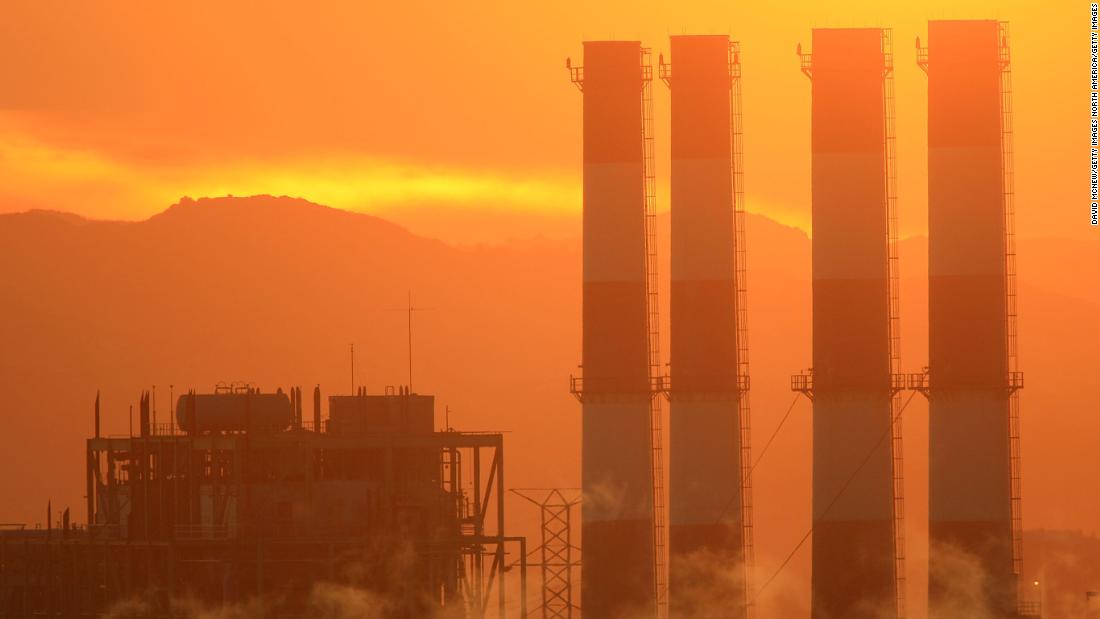


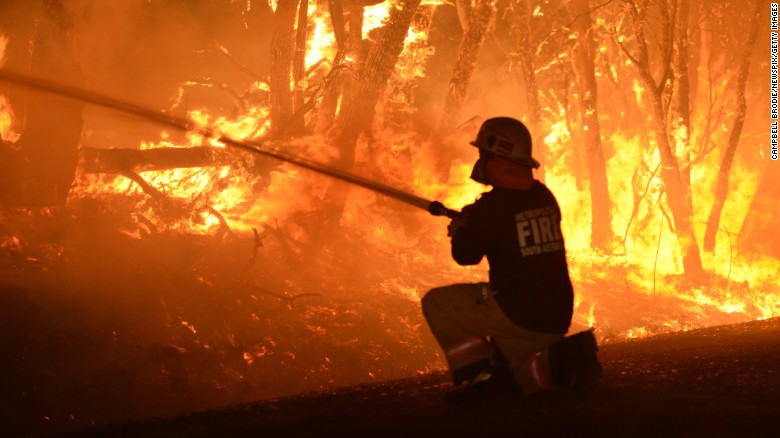


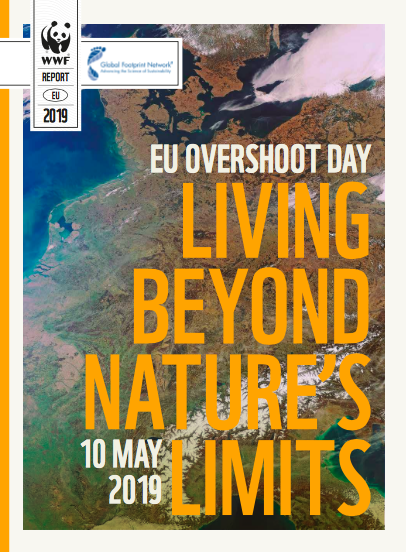

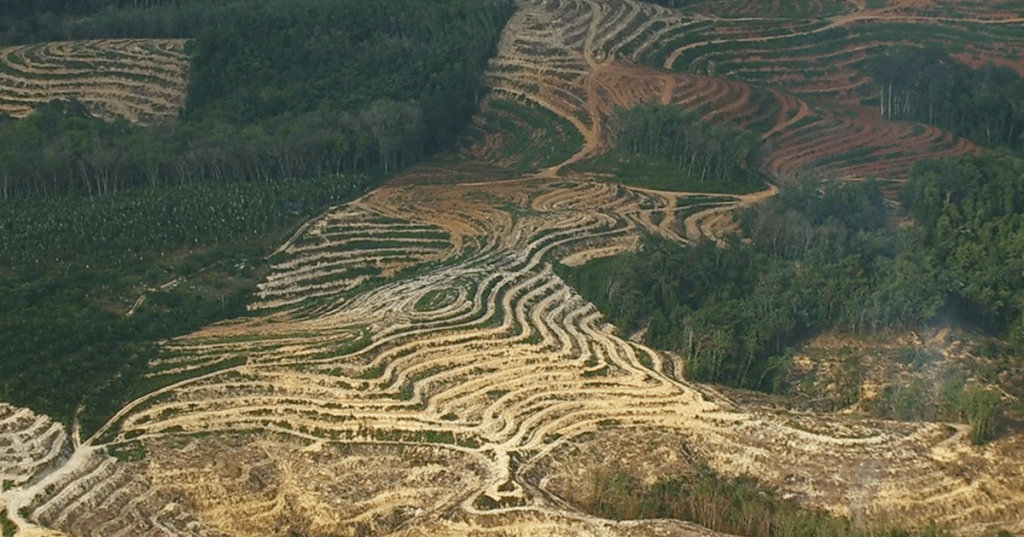
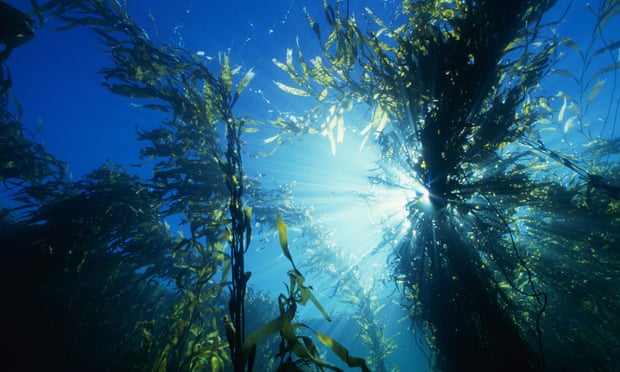
Recent Comments